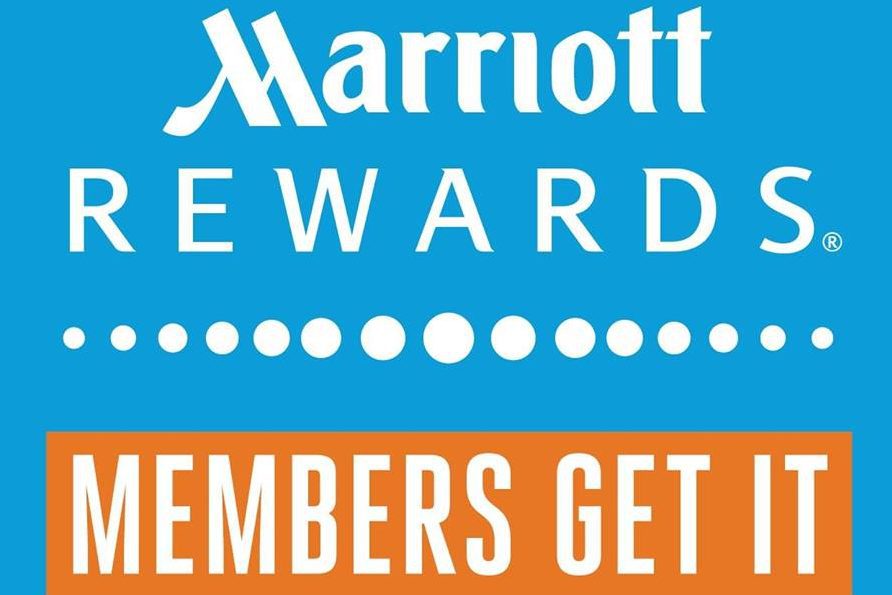Skift Take
Marriott More now allows shoppers in the U.S., UK, and Canada to earn and spend Rewards points on retail purchases. And while the value proposition for spending points is a bit fuzzy, it may be a good tool for some with stray point balances.
Big-name brands such as Marriott, Hilton and United are taking their respective loyalty programs into the retail space as they explore a broader use for point balances beyond free hotel rooms or airline tickets.
Much of this industry movement is driven by data that suggests the next generation of travelers want to see more flexibility and redemption options out of a loyalty program rather than the same old big-ticket items.
But a big part of the recent loyalty program trends is also driven by profit. By setting the conversion ratio between points and retail dollars beneficially, airlines and hotels can make substantial sums of money by converting points to consumer goods — and cutting the liability of unused points at the same time.
What Marriott is Doing
Marriott is expanding its loyalty program, Marriott Rewards, to allow members to earn and spend points on everyday, online purchases. The functionality comes through a new tool called More, which comes both as a desktop browser extension and a mobile application.
Through the tool, Marriott Rewards members will be able to load their loyalty credentials prior to shopping online and then either pay for the purchase with points or elect to earn points when paying with cash.
For now, the program is open for U.S., UK, and Canadian retailers with 29, 27 and 25 partners on board in each region respectively. Amazon, Apple, Best Buy and Banana Republic, among others, headline the partner lineup.
Each relationship differs in terms of the reward returned per purchase; at Amazon, for example, shoppers can earn two points for every dollar spent on the site. Shoppers at RalphLauren.com, however, can earn six points for every dollar.
Free rooms typically booked through Marriott Rewards cost between 10,000 and 70,000 points per night, so a $1,667 purchase at RalphLauren.com would roughly translate to a free Tuesday night at the Courtyard Marriott in Battle Creek, Michigan.
If consumers want to shop with points, by contrast, Marriott appears to roughly equate 270 points to $1 worth of goods on a site, irrespective of whether that’s at Amazon, Ralph Lauren or Sunglass Hut.
Points as a currency
Earlier this year, Hilton launched a new tool with its HHonors rewards program that allowed customers to pay for rooms partially with points on a sliding scale, effectively turning them into an indirect type of currency. Purchases at Amazon, as well, are also now available through the Hilton portal.
United launched a similar tool to Marriot’s More program built to earn points in 2014 called MileagePlus X, though its integration with retailers isn’t as clean as Marriott’s.
Value
With these new changes, Marriott Rewards is effectively turning into a bank where people can store miles to use for either free rooms or retail purchases. By setting the exchange rate — 270 points per dollar in this case —Marriott is assigning a value to each point. And by flipping the currency back into a room purchase, it’s easy to illustrate where Marriott is making money.
By charging 10,000 points for that room at the Battle Creek Marriott Courtyard, for example, Marriott is effectively saying that the room could cost $37 — or 270 points per dollar. Booked with cash through Marriott.com, however, the room costs $185/night, leaving a $148 margin.
Put another way, that $185 room would hypothetically cost 49,950 points using Marriott’s exchange rate for consumers. But booked with points, the room is only 10,000.
Whether that’s a clever or an advantageous way to work with points is up to the person booking the room — after all, many Marriott Rewards members have only tiny account balances that can’t be used for large-scale room purchases. But Marriott clearly is keeping the value of its rewards points in the category of booking free hotel rooms rather than translating them to retail purchases.
On the other side of the transaction, earning points with purchases is a great advantage built into Marriott More, allowing everyday consumers to earn a kickback on daily purchases at Amazon and a handful of other retailers. For that utility alone, More brings great value to Marriott Rewards customers. In other areas, the value is slightly blurred.
Have a confidential tip for Skift? Get in touch
Tags: loyalty, marriott, marriott bonvoy
Photo credit: Marriott Rewards is making it easier for members to convert points' balances into retail purchases on sites such as Amazon and Ralph Lauren. Marriott
